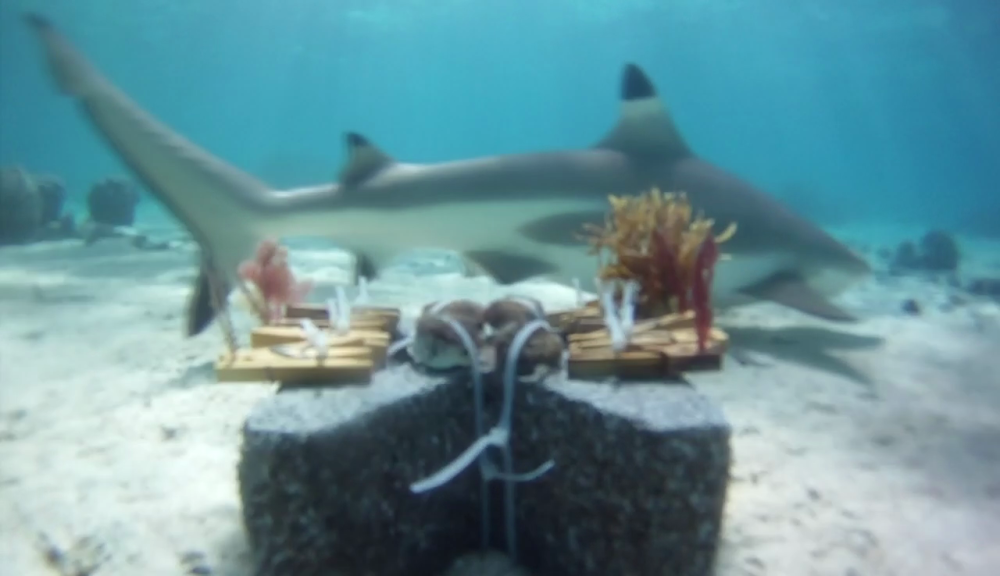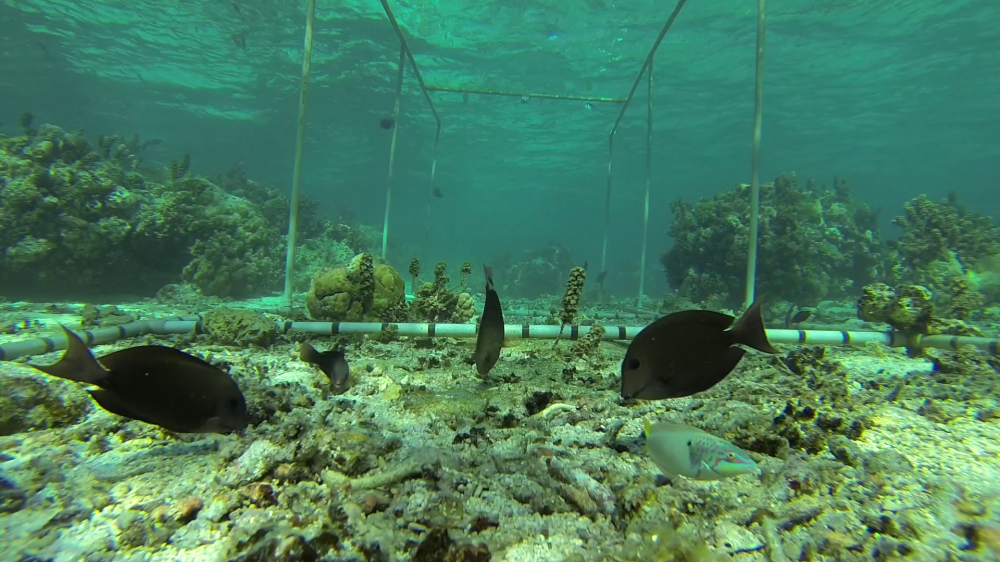research
Human-driven environmental change shapes the ecology of natural systems in profound ways that we are only beginning to understand. However, understanding how humans affect ecological systems is essential if we are to formulate effective management strategies that sustain biodiversity and ecosystem services. Through my research program, I seek to understand the mechanisms that underlie the function and persistence of natural ecosystems.
Developing a mechanistic understanding of ecosystem dynamics necessitates careful examination of species that serve vital functions in the greater community (‘keystone species’). Thus, most of my work addresses the question: (1) How does anthropogenic environmental change affect keystone species? To address this question, I often explicitly consider how our scales of inquiry can limit our inference, and I expand upon these scales with both empirical and theoretical approaches, including mensurative and manipulative field experiments, novel statistical methods, and computational models.
Keystone consumer species can shape the resilience of ecosystems to catastrophic regime shifts. However, the scale and resolution of our understanding of consumer behavior can limit or even mislead ecological inference, which underlies models that advance theory and inform environmental policy. Thus, transformative answers to the classic question posed in (1) emerge when we address the following: (2) How does animal decision making affect ecological interactions and environmental outcomes?
To learn more about my involvement with respect to these two core research questions, check out the links to my publications.



 Mike Gil, Ph.D.
Mike Gil, Ph.D.